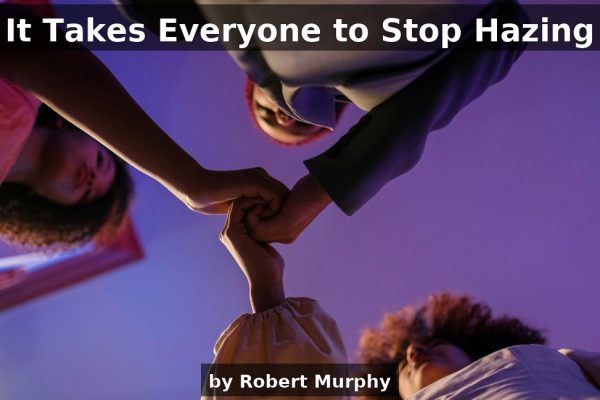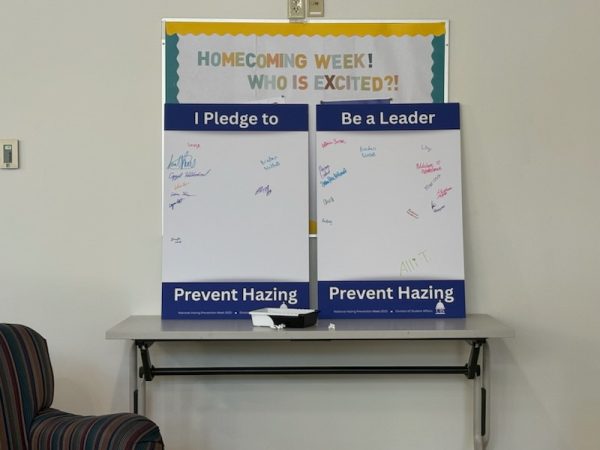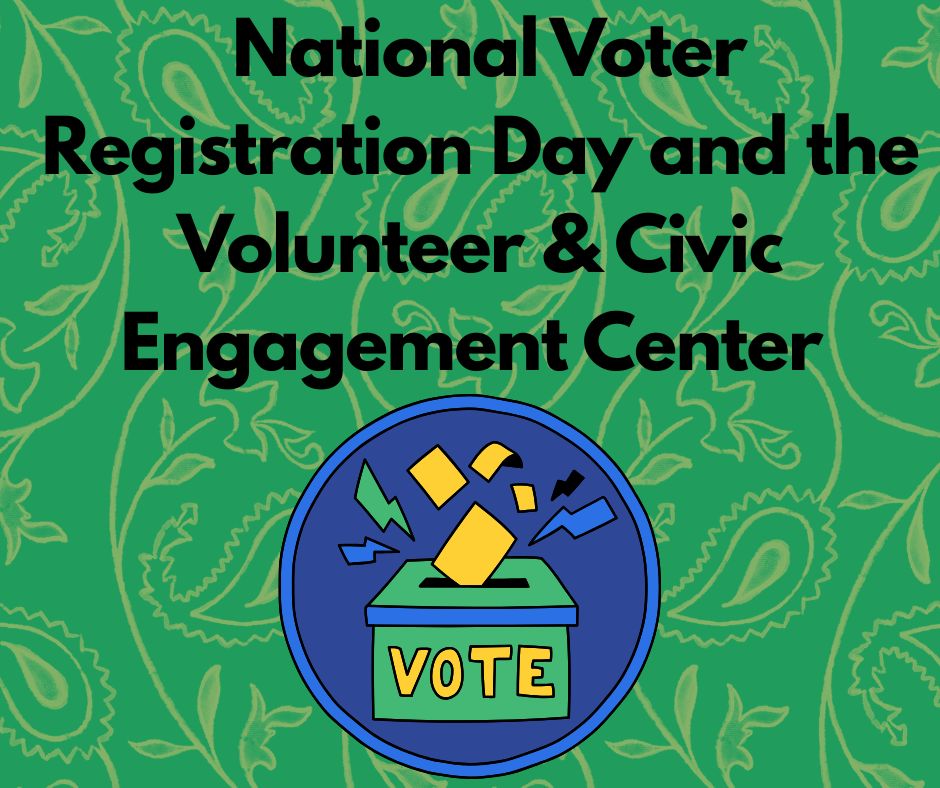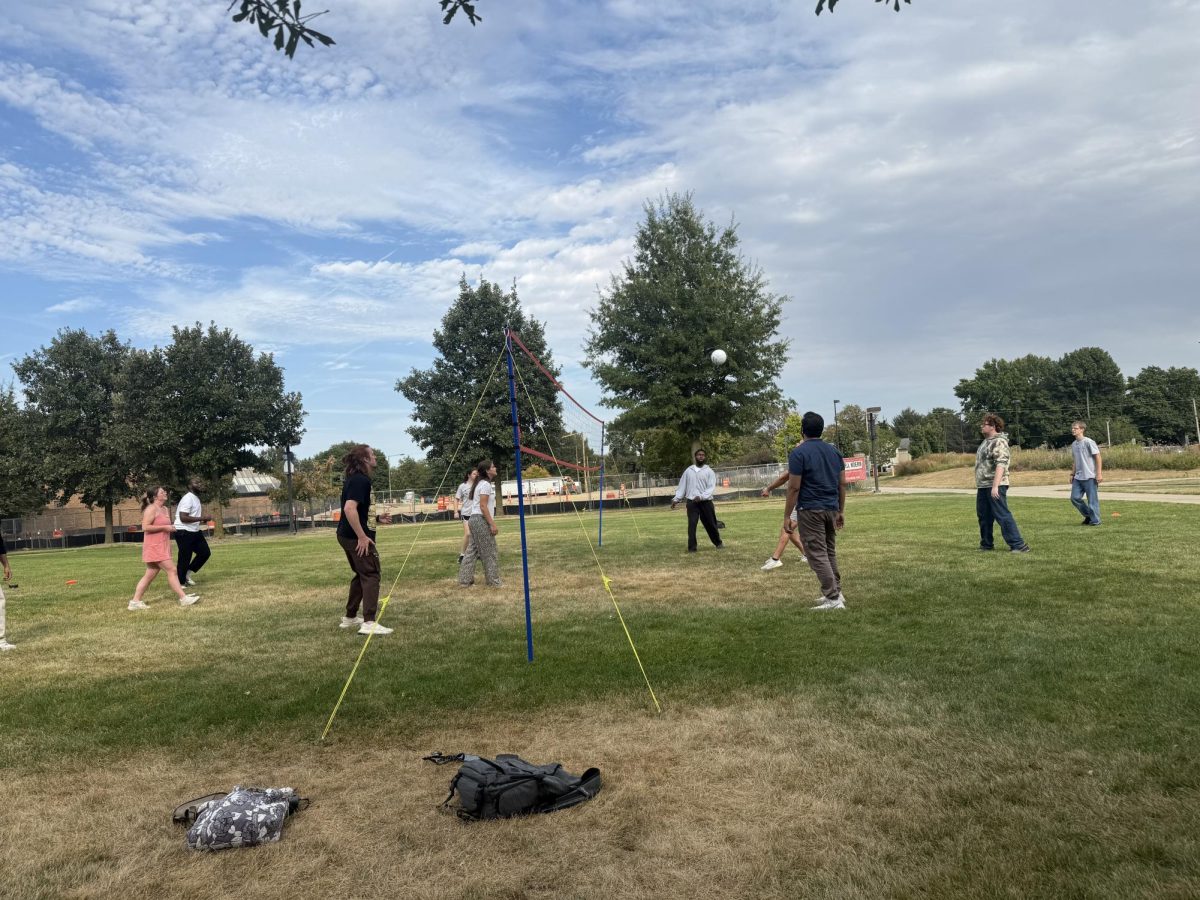September 22–26 marked National Hazing Awareness Week, an important initiative observed by colleges and universities nationwide. The campaign aims to educate students about the dangers of hazing, promote awareness, and foster campus cultures grounded in respect and safety.
According to the Hazing Prevention Network, nearly 55% of college students involved in fraternities, sororities, athletic teams, and student organizations have experienced hazing, yet only one in ten recognize it as such. Despite years of prevention campaigns, hazing continues to impact campuses across the country. Advocates say meaningful change will require a collective effort from students, faculty, and communities.
Local voices and UIS action
At UIS, student leaders and staff stepped forward to lead that effort. Throughout the week, UIS hosted a variety of events designed to educate students and encourage conversation around hazing prevention. Activities included Monday Milkshakes, a guest presentation by Lianne Kowiak, a movie screening and discussion session, and a themed volleyball match, UIS vs. Lewis University, to highlight hazing awareness.
During Monday’s kickoff event, Dean of Students Jantzen Eddington emphasized the importance of education and knowing where to turn for help.
“To be informed of what it is and how to report it, the Dean of Students Office is a great resource,” Eddington said. “There are also resources in Athletics, the Counseling Center, and Campus Police.”
UIS student Beriah Hemingway offered encouragement for those who may have been affected by hazing.
“Reach out when you’re ready; you’re not alone, and you are seen,” Hemingway said.
Another student, Adriana Eveland, highlighted the power of conversation and awareness.
“Making people aware that it happens- actually starting the conversation and providing resources for what to do- that’s where prevention begins,” she said.
Scope of the problem
The issue of hazing remains alarmingly widespread. According to the national organization StopHazing, 73% of students in fraternities or sororities and 74% of varsity athletes report that they have experienced hazing. These numbers illustrate how normalized such behavior can become in environments where tradition and group identity run deep.
Consequences and Impact
Hazing often involves physically or emotionally harmful activities that can lead to serious consequences — from injury and hospitalization to, in extreme cases, death. The Hazing Prevention Network reports that 71% of students who have witnessed hazing said alcohol was involved, greatly increasing the risk of poisoning, trauma, or other life-threatening outcomes.
Beyond the physical danger, hazing also inflicts deep psychological harm, leaving students with lingering feelings of shame, anxiety, and isolation.
Moving Forward
Hazing is not a harmless tradition. It’s a practice with real and sometimes lasting consequences. As the statistics show, its reach is far broader than many realize. The voices of UIS students and leaders underscore the importance of continued awareness and cultural change.
Ending hazing requires more than policy enforcement; it demands a transformation of campus culture. Students must look out for one another, speak up when they see warning signs, and lean on available resources. Faculty and administrators, meanwhile, must continue creating safe environments where respect and belonging replace fear and coercion.
It takes everyone to stop hazing.



















